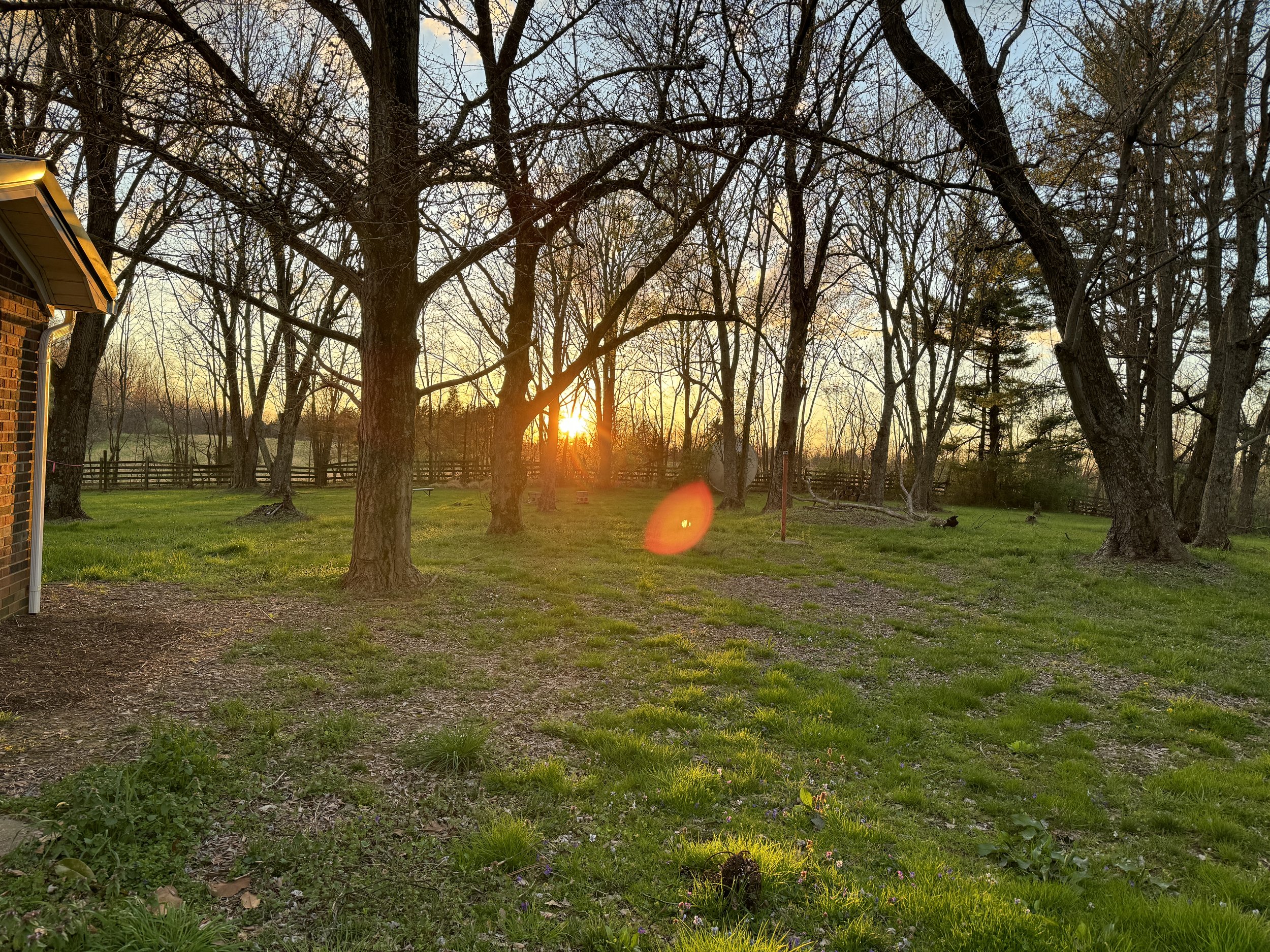
Craft Talk: From Distant Memory
When I worked in higher ed, I used to tell my students that a considered life requires us to do two things: show up and pay attention.
Solid life advice, I think, and the pastor in me wants say a lot more about it. But this is a craft talk, and I don’t want to drag you away from the story for too long.
So. Onward, in the literary sense.
Every good writer I know pays close attention to things no one else sees. We may see details through different lenses—a passing glance that one interprets as sadness may be all-out desperation in the eyes of another—but we all notice things. And when some action carries with it a strong emotion, we recognize that as a signal: file this away. You may need it later.
Such was the case with a distant memory that brought Mr. Riker to life. Almost twenty years ago, I attended a memorial service for a student I did not know who died needlessly in a preventable accident. The father stood to give a eulogy, but could only get out the words, “Thank you.” Still, the manner of his stance, the depth of his feeling, the ragged breath that stood in for tears he would not allow—those things shook me. And I’ve never been able to shake the feeling of that memory.
My memory is not the man, of course. It is only a snapshot of him in the worst moment of his life. But I hold it in mind as I picture Mr. Riker on these steps, powerless to undo the harm done to his daughter, but standing firm all the same.
That’s why you pay attention. Such unexpected moments build worlds.
